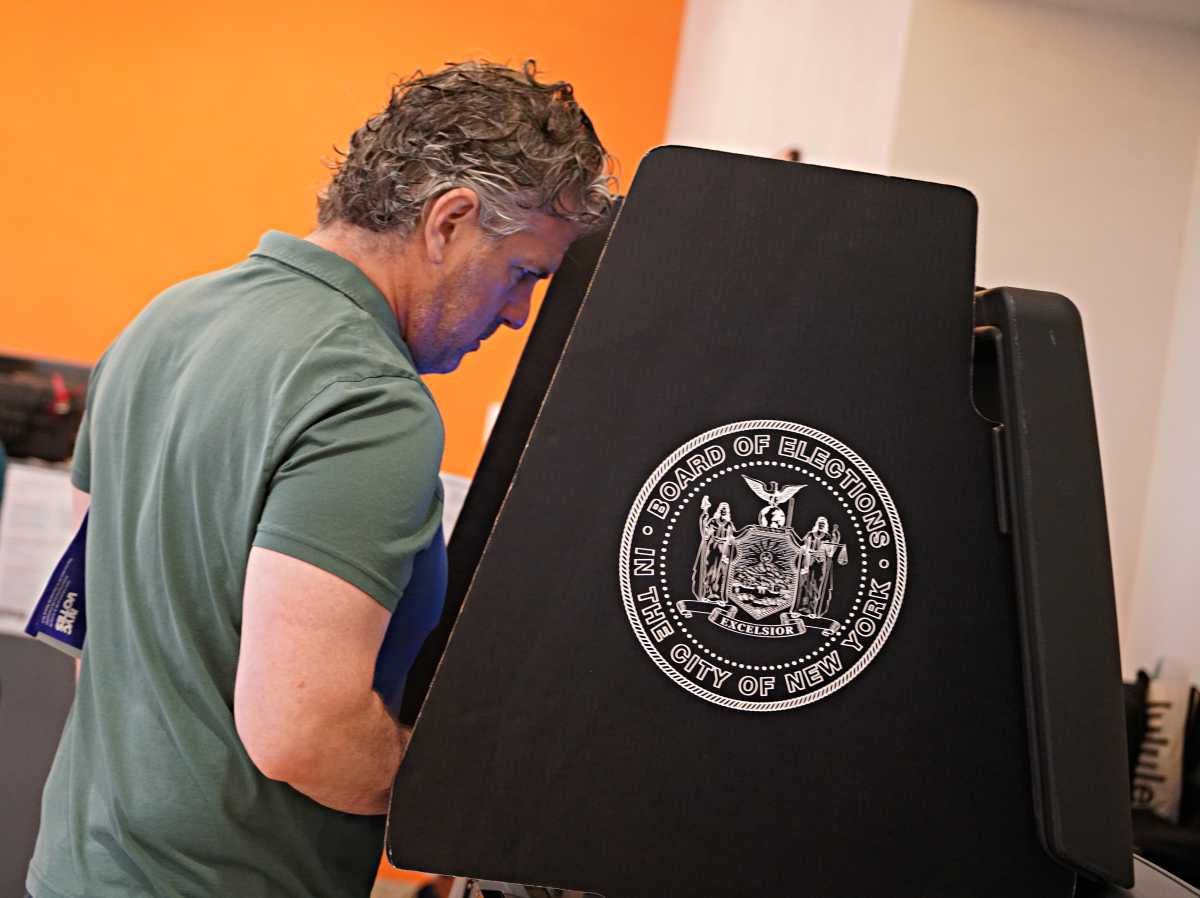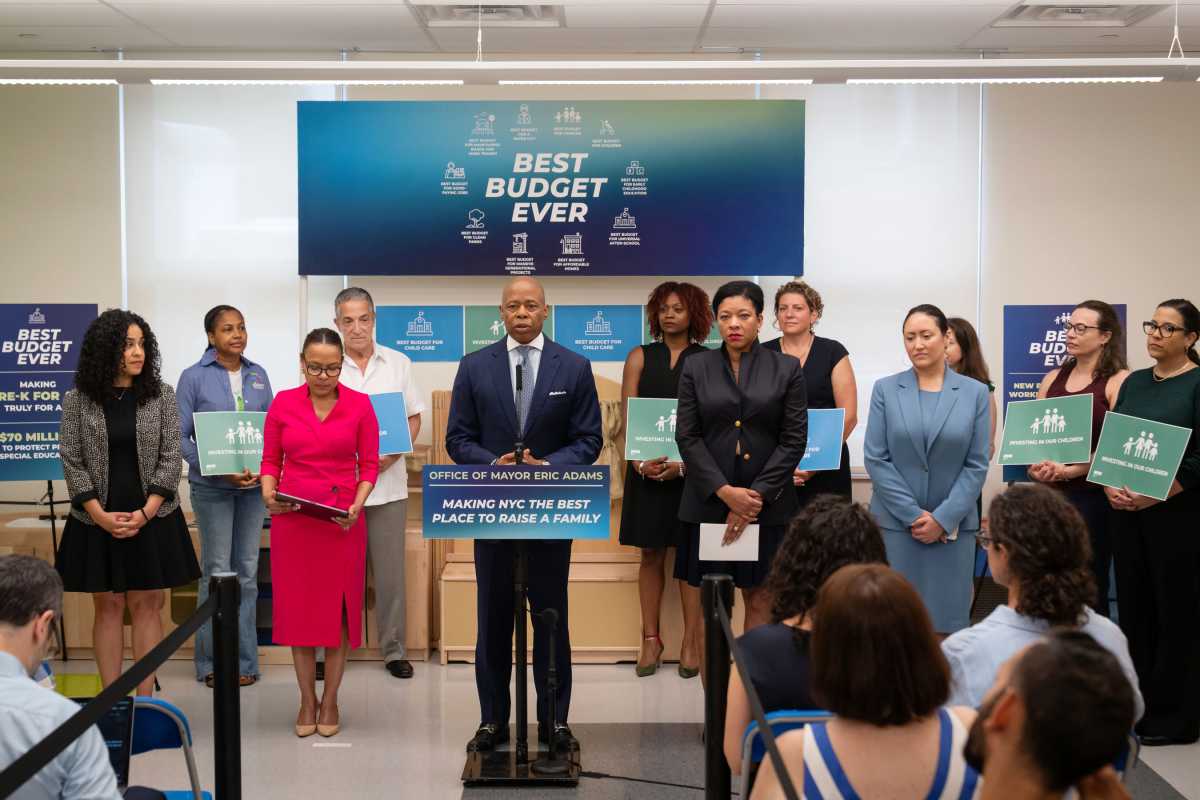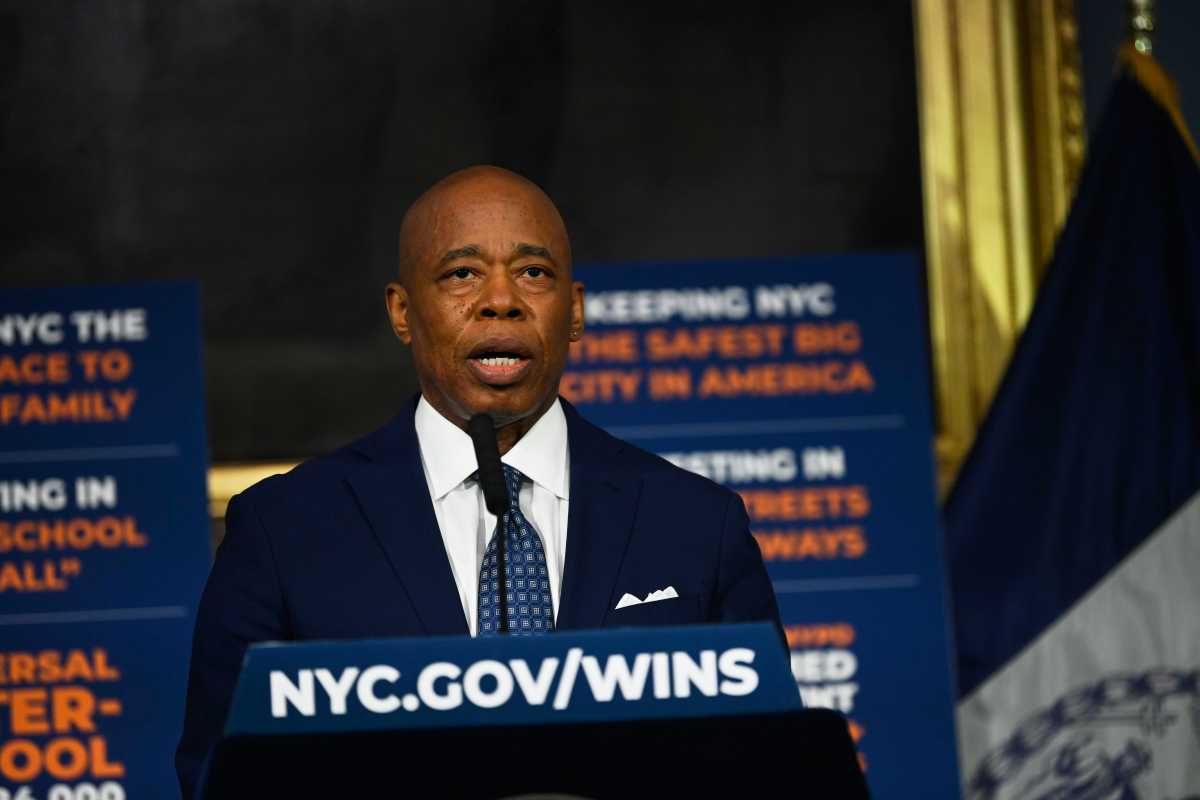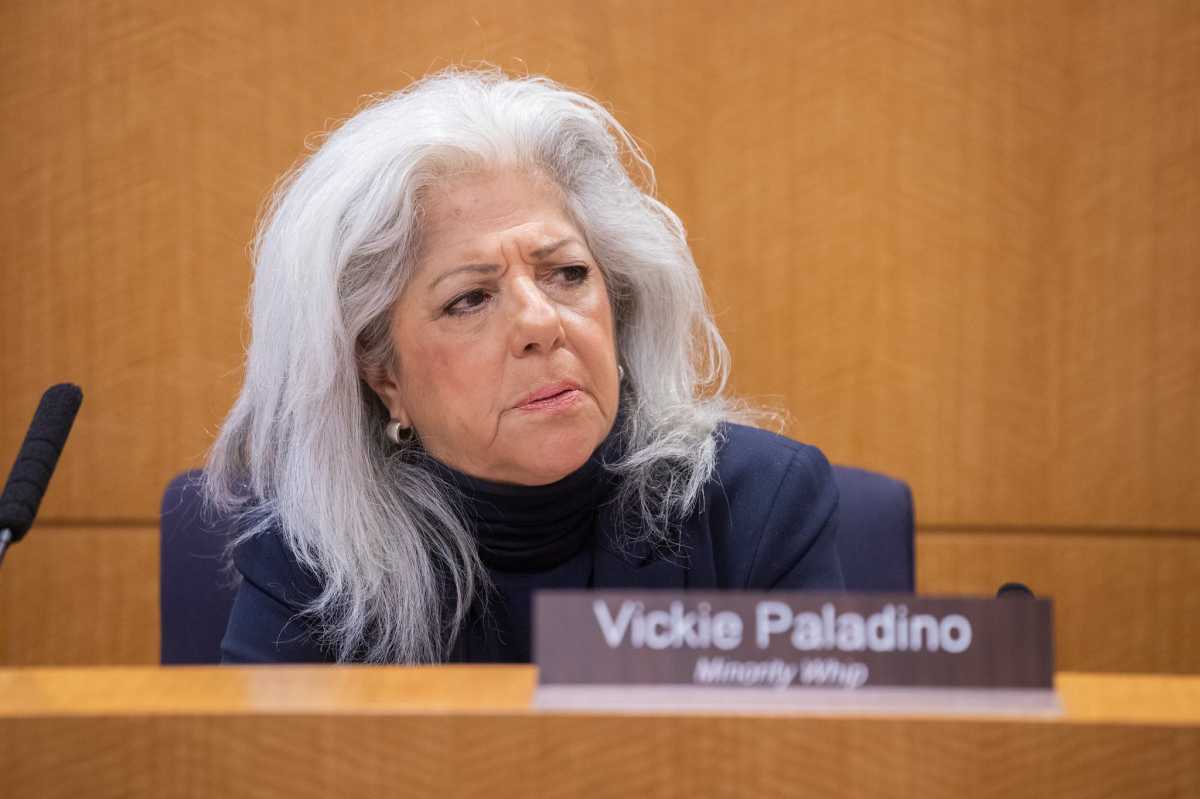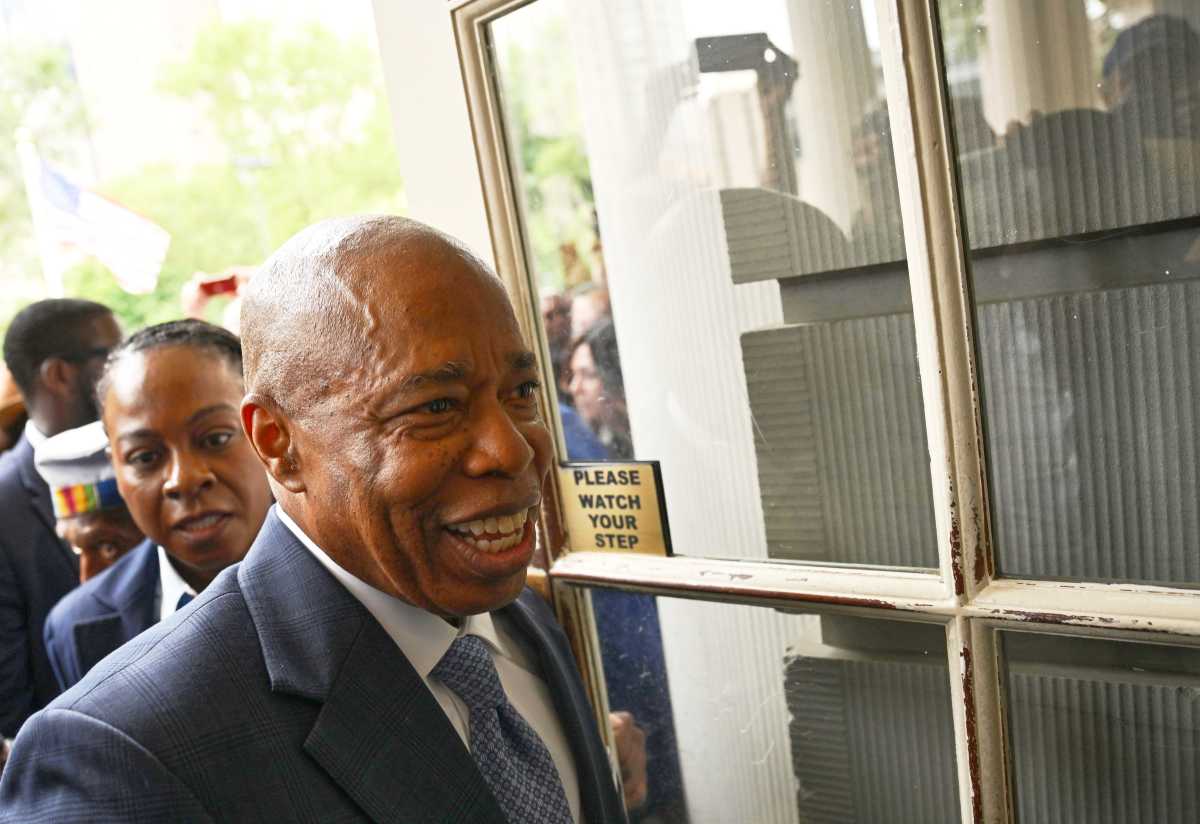Marijuana may provide relief to patients with serious diseases as well as chronic pain sufferers, but the plant contains THC, a psychoactive chemical substance.
Each year, my office — along with the NYPD — seizes large quantities of marijuana that originate from multiple states and even other countries. THC levels vary widely among marijuana depending on the source, and at high levels may adversely affect people with pre-existing health and psychiatric issues.
Only a licensed physician should be prescribing marijuana with specificity in dosage, just like any other prescription drug. In addition, pesticides, chemicals, and other illegal substances like PCP are found in marijuana, often far beyond dangerous levels.
The state legislature has a bill that would legalize medicinal marijuana, but it is based on the increase in tax revenue from retail sales of marijuana. But the public health and safety issues that will accompany this bill represent a hidden cost.
Most pain-killers are designated as controlled-substances that must be prescribed by a licensed physician. The proposed bill does not require a prescription from a licensed physician in good standing. Joseph Califano, the chairman of the National Center on Addiction and Substance Abuse at Columbia University, notes that “a small army of non-physicians can dispense this state’s ‘medical’ marijuana, including podiatrists, veterinarians and nurses.” Anyone who wants to smoke marijuana will be able to find someone to provide it.
Before approval for marketing and sale, prescription drugs must undergo rigorous research and testing by the Food and Drug Administration. Anything less results in public outrage and major class action suits worth millions of dollars when a pill is later determined to cause more harm than good. However, instead of the administration, the state Department of Health will be responsible for monitoring and regulation.
This will become an enormous undertaking, requiring an increase in budget of commensurately staggering proportions. Failure to regulate properly will result in multi-million-dollar lawsuits filed against the state much like those brought successfully against tobacco companies.
The bill neither limits the number of marijuana dispensaries nor regulates where they may be located including near schools and parks. California has witnessed such a proliferation of marijuana dispensaries that outraged communities have forced the closure of hundreds of them.
Legalizing medical marijuana as currently proposed, ironically, may end up attracting crime. Dispensaries will naturally emerge in lower-income neighborhoods as cash businesses vulnerable to robbery and extortion.
Perhaps the time has come to consider seriously decriminalizing marijuana for legitimate medical purposes. Unfortunately, the current bill falls short of providing the answers.
Charles Hynes is District Attorney for Kings County.




